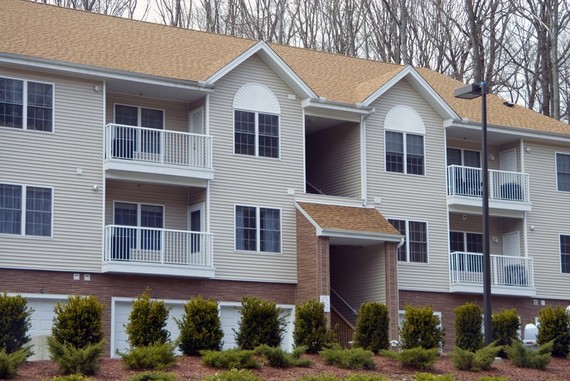Every real estate rental property investor has been exposed to dozens or even hundreds of articles and opinion pieces about where the country is headed as far as home ownership. Subsequent to the real estate crash that began to nosedive in 2007, millions lost their homes to foreclosure. The government and the agencies that guarantee mortgages have tightened mortgage loan standards as well.
Recent reports tell us that our home ownership rate in the U.S. has dropped to a 25 year low of around 63 percent. Reasons are logical, but the question is whether we're really headed toward becoming a nation of renters, or if home ownership will again become the goal of the masses. There seems to be a lot of information showing many years of renting still in the future.
More divorces and fewer marriages: We are a nation of divorced couples, though this doesn't mean that one or both of those in this situation will not buy a home. If both do, ownership numbers actually increase, but this isn't what's happening in most cases. Between the costs of divorce and ongoing child support and alimony payments, one spouse is usually not financially able or inclined to buy.
The student loan dilemma: There is a lot of publicity about the burden of student debt on graduates. It is certainly a lot more expensive to get a degree these days, and student loans are big business. Will these graduates simply postpone buying a home until that debt is paid down, or will they decide that renting is the better long term solution for them?
Urban areas in demand: Many graduating students are also now employed in high tech industries, financial and medical services. These are concentrated in urban areas, and housing is much more expensive close to work. Renting is often less expensive and more lifestyle oriented for this group.
We're just mad about the whole thing: The government bailed out the lenders who held the mortgages, but the homeowner still lost their digs and ended up renting with bad credit. There is a lot of resentment directed toward these lenders and less enthusiasm for getting into another mortgage.
Employment improvement is arguable: While government job reports may show lower unemployment, they do not take into account those who have given up and dropped out of the job search group. We are at an all-time low for the percentage of Americans actively employed in full time jobs. Fear of losing a job or the inability to get one paying what is desired drops buying a home lower on the to-do list.
This isn't a doom-and-gloom article; far from it. If these factors continue into the future, and many believe that they will for a number of years, rental property investors should profit handsomely. There is already a mini-boom in apartment construction, and this is probably the niche that will benefit the most. Single family home rental investors should take a look at moving into multi-family investing. There are opportunities for investors with limited cash to get involved through crowd funding. We just may be moving into an extended period of more renters than owners.
